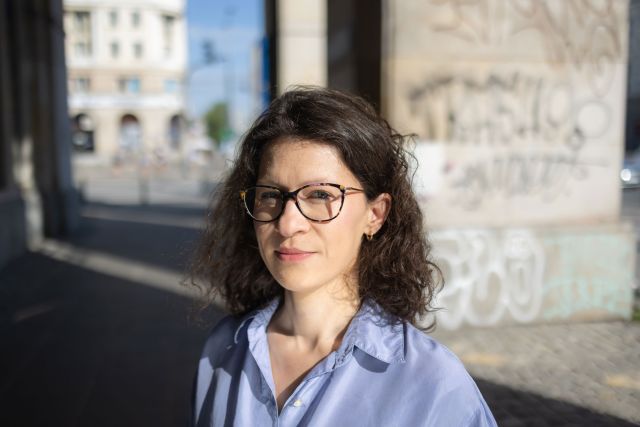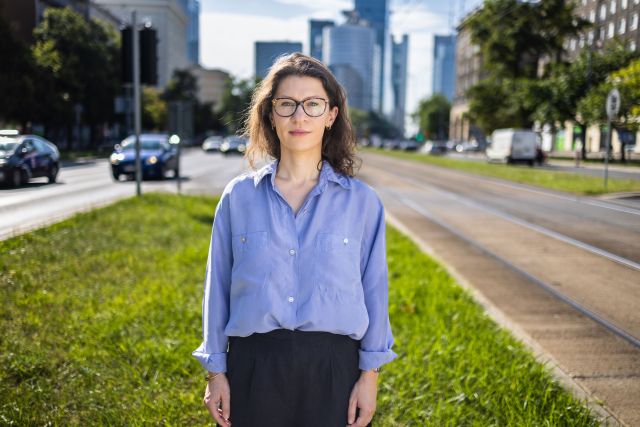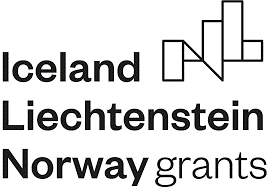Principal Investigator
:
Dr Zofia Boni
Adam Mickiewicz University in Poznań
Panel: HS6
Funding scheme
: IDEALAB
announced on
16 September 2019
The climate crisis is one of the main global threats today. Climate change, however, often seems abstract as one cannot easily smell, touch or see it. In EmCliC we bring together natural sciences and social sciences to study how the changing climate affects people today. We study how the physical, weather and climate events are connected with people’s local knowledges and embodied experiences, to demonstrate how we already embody climate change.
Climate change means hotter, longer and more frequent heatwaves, also in Europe. Heat is exacerbated in cities and with increasing urbanization, heat stress severely affects people’s health and wellbeing. However, not all city inhabitants experience heat in the same way. Certain population groups, such as adults above the age of 65, are more vulnerable than others. EmCliC brings together methods and approaches from disciplines such as social anthropology, sociology, environmental physics, meteorology, climatology, and epidemiology to study the multiple dimensions of urban overheating. We focus on older adults living in two European locations, Warsaw and Madrid. We chose two cities which, due to their varied climates have historically and culturally experienced and adapted to hot temperatures very differently.
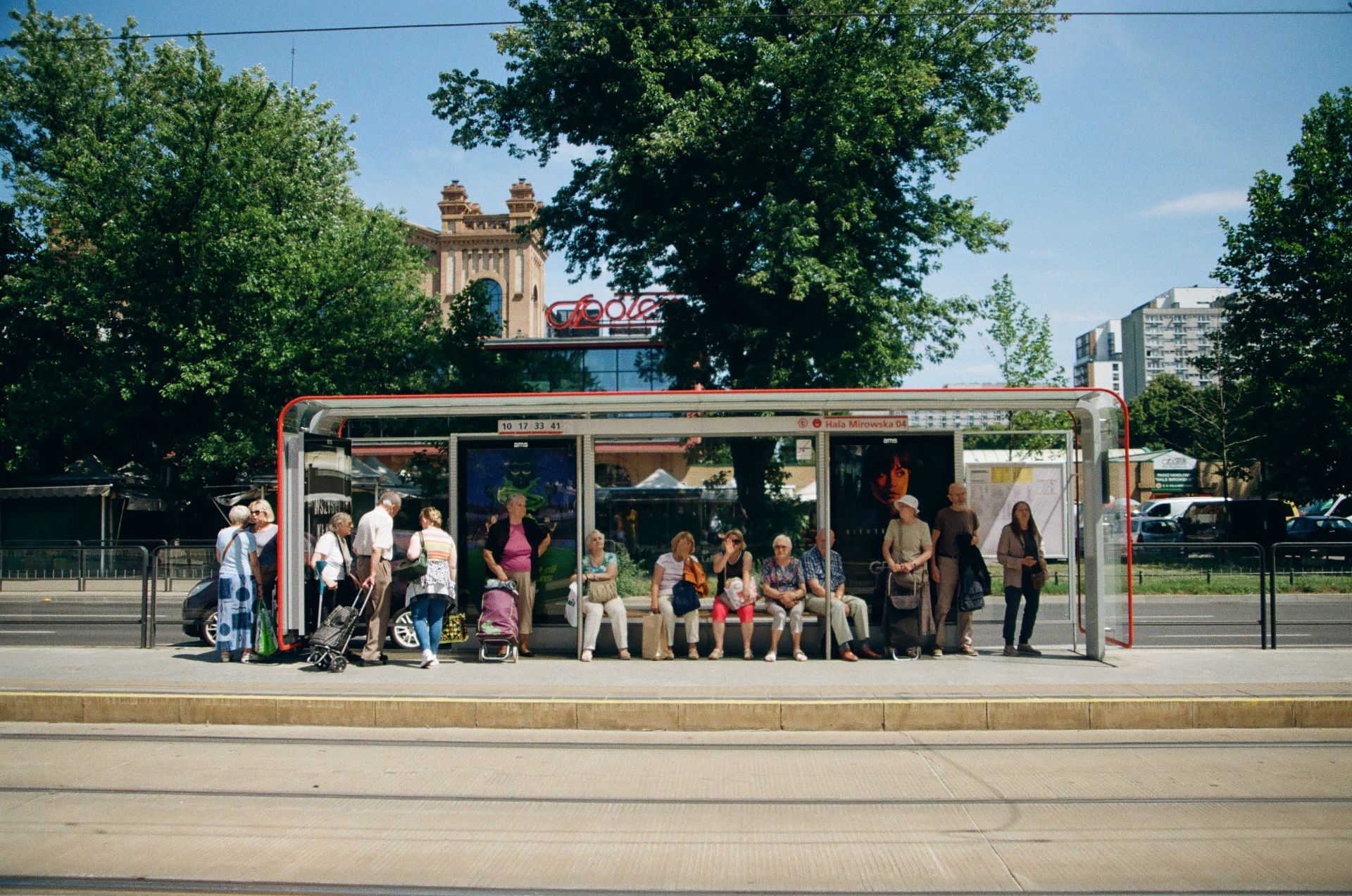 fot. Zofia Bieńkowska
fot. Zofia Bieńkowska
To understand older adults’ experiences of urban heat and their individual adaptation strategies we conducted extensive qualitative studies. This included focus groups in Warsaw with more than 80 participants. During the summers 2021 and 2022 we conducted ethnographic research with older adults living in Warsaw and Madrid, which consisted of participant observations, in-depth interviews, participants filling out diaries, drawing maps of their surroundings and bodies, and taking photographs. In Madrid, the participants’ narratives and their embodied experiences of heatwave were captured in an ethno-fiction film ‘The Wave’. Moreover, in both Warsaw and Madrid we conducted participatory workshops focused on the embodiment of heat. We also analysed public policy to see how public institutions approach and deal with urban heat.
Ethnographic research was combined with the use of wearable sensors, which measured temperature and humidity and were carried by the participants all the time. We also installed a static sensor at the participants’ homes collecting data about the indoor temperature. The goal of combining ethnographic research with the sensors is to understand individual experiences of thermal comfort and adaptation measures to urban heat, and how they are (dis)connected with the temperature measured by the sensors and the official meteorological information.
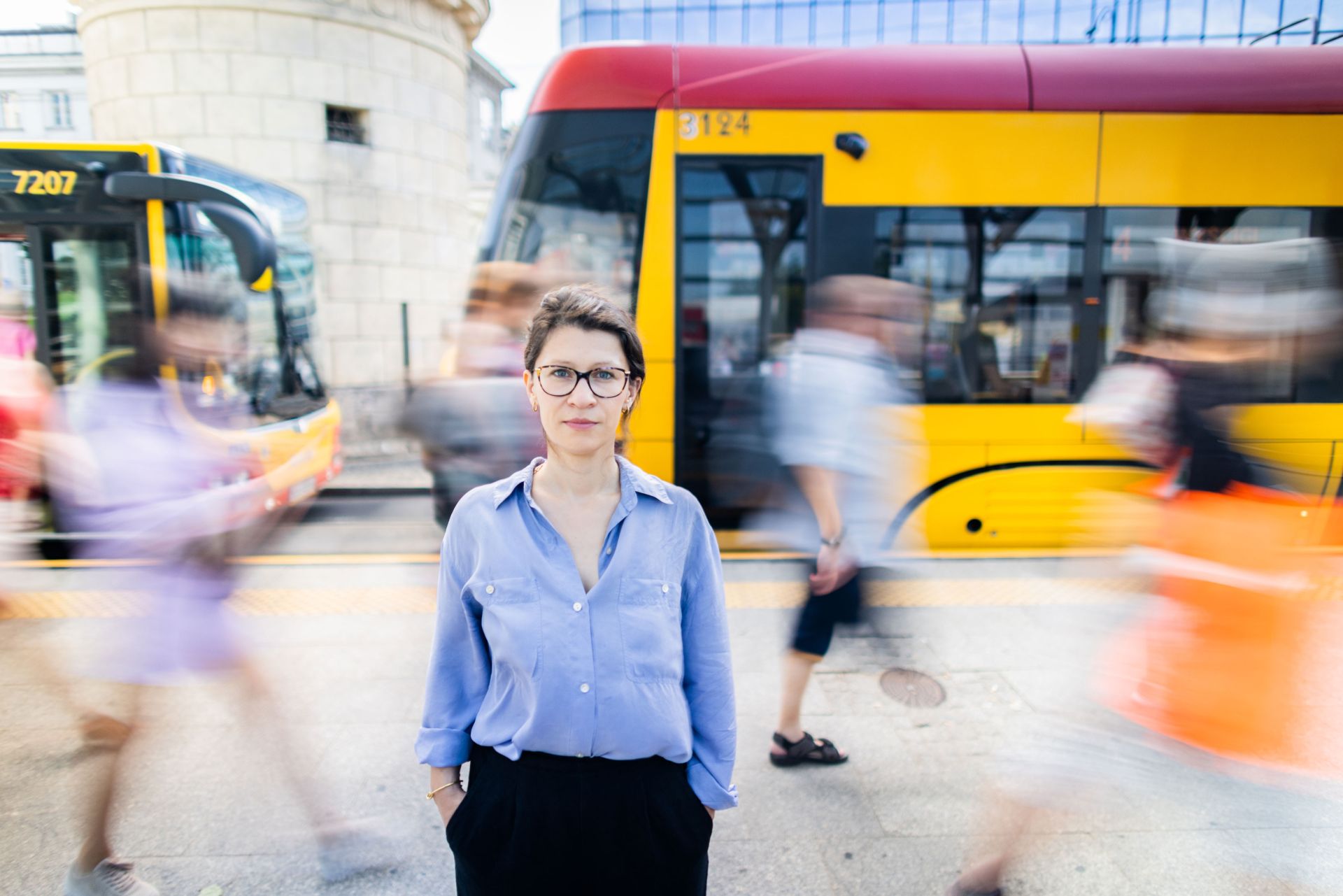 fot. Michał Łepecki, dr. Zofia Boni
fot. Michał Łepecki, dr. Zofia Boni
During the summer 2022, we conducted a thermo-survey with around 1000 older adults in Warsaw and in Madrid. During face-to-face interviews we asked about individual health and daily routines, socioeconomic situation, social relationships and how these might change when temperatures get hot. Interviews were combined with temperature readings outside and inside respondents’ homes.
Moreover, we developed a framework combining high resolution climate projections with health and demographic data for mapping clusters of vulnerable groups within the city. The framework is designed to increase knowledge among local decision makers about particularly vulnerable areas, with the purpose of informing targeted adaptation measures.
EmCliC approaches climate change and urban heat as both a physical and social phenomenon. We combine natural and social sciences to better understand how urban heat affects people’s lives, how we can adapt to it, and how do we already embody climate change.
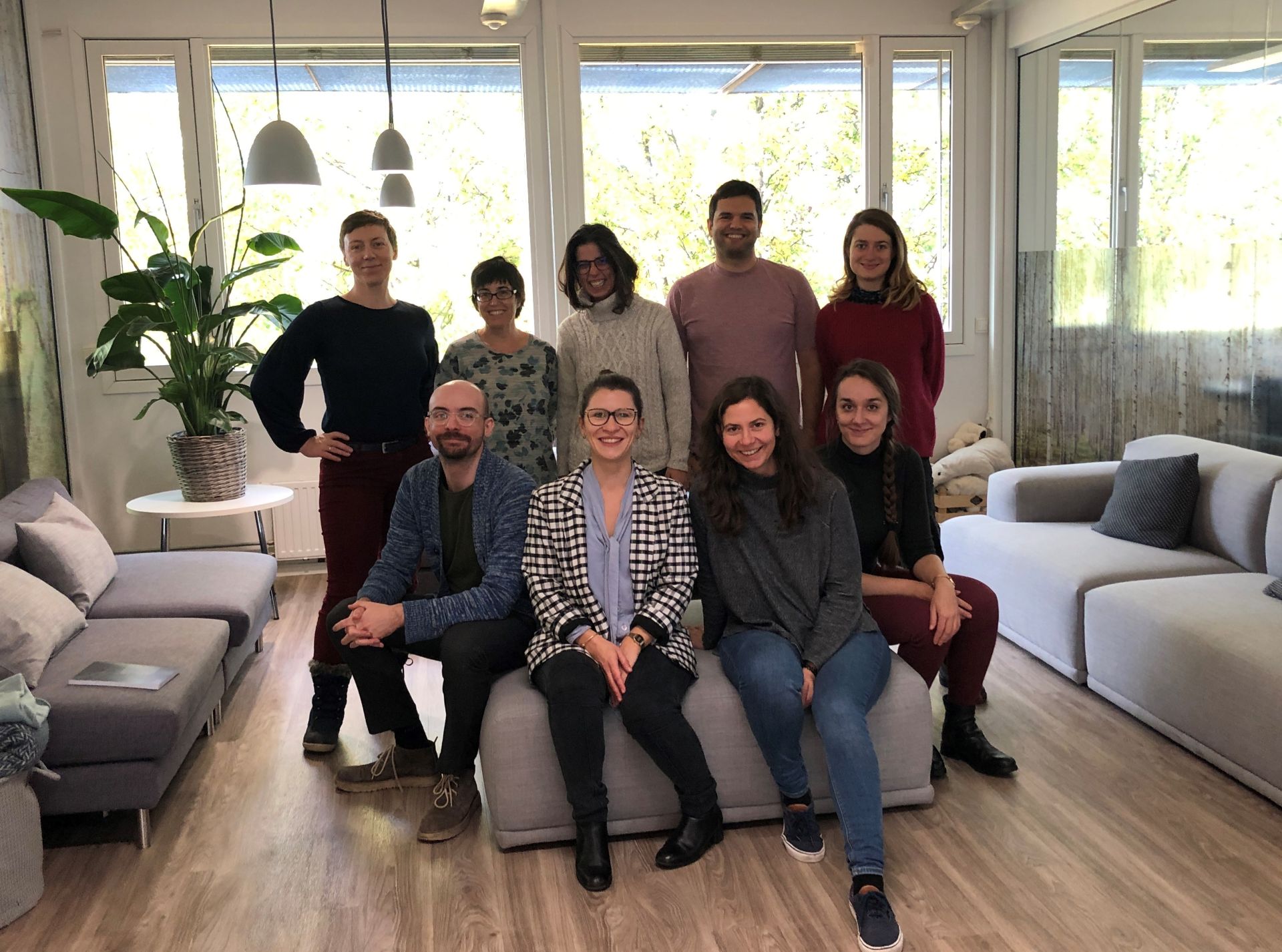 EmCliC Team
EmCliC Team
The team: Zosia Bieńkowska, Zofia Boni, Nuria Castell, Franciszek Chwałczyk, Amirhossein Hassani, Barbara Jancewicz, Iulia Marginean, Małgorzata Wrotek, Paloma Yáñez Serrano.
For more information see our website www.emclic.com and follow us on Twitter @EmCliC.
This is not the Future – it's Happening Now. Seniors on Life in Ever-Hotter Cities. interview with Dr Zofia Boni.
Project title: Embodying Climate Change: Transdisciplinary Research on Urban Overheating (EmCliC)
Dr Zofia Boni
A social anthropologist, Assistant Professor at the Institute of Anthropology and Ethnology at Adam Mickiewicz University in Poznań and a Research Fellow at UBVO at University of Oxford. For her postdoctoral research she studied the social dynamics of childhood obesity. Currently, she leads a project on older adults’ experiences of climate change. Through conducting interdisciplinary research with most vulnerable groups, children and older adults, she provides a social and cultural perspective on topics dominated by biomedical and natural sciences.
